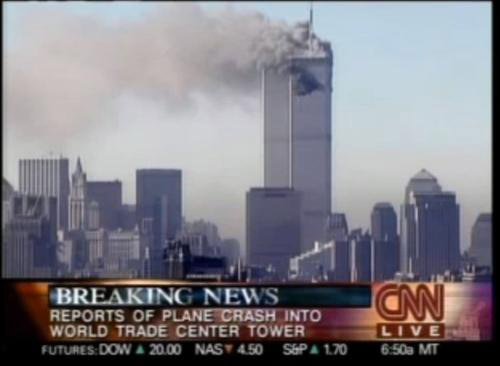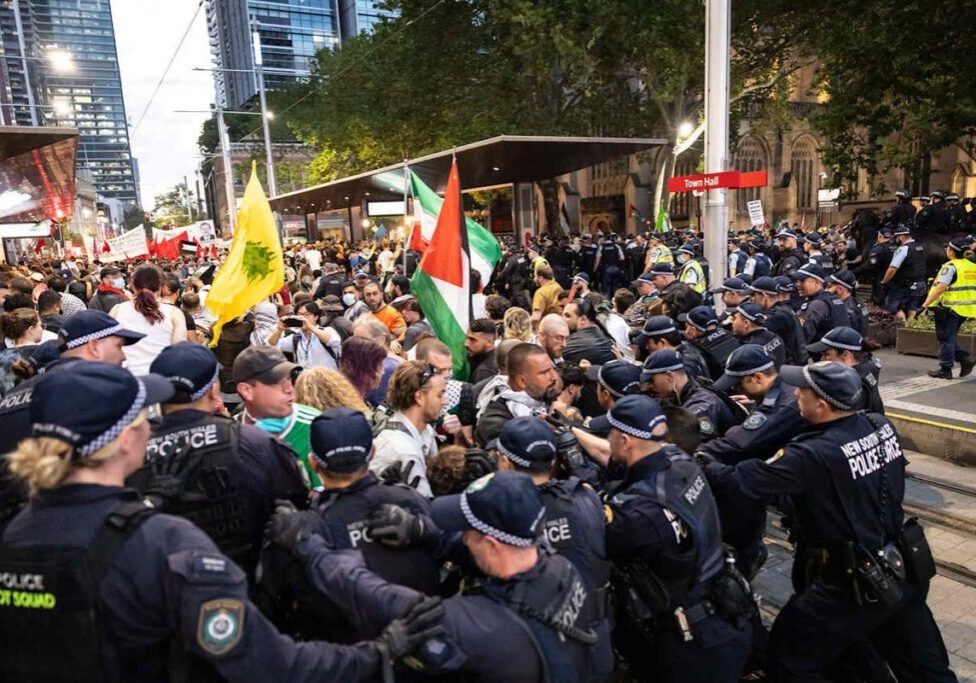Australia/Israel Review
The Last Word: Ten Years After
Aug 30, 2011 | Jeremy Jones

Jeremy Jones
It was late evening in Sydney.
Not many hours earlier, I had arrived home from South Africa, having participated in the World Conference Against Racism (“Durban I”) and the NGO Forum which had preceded it.
The Jewish community in Sydney had asked me to provide a first hand account of the events, given the reports which they had heard of antisemitism, anti-Israel extremism, bullying and thuggery.
So I found myself giving what I had thought was a dry, unemotional recounting of the lows and highs of my previous two weeks.
In the course of my presentation I spoke of booklets distributed by a self-described human rights NGO which contained caricatures of Jews with teeth dripping blood, sharp claws and ugliness beyond imagination; of a section of a crowd in the session on hate crimes heckling an elderly Swiss lawyer with a chant of “Jew, Jew, Jew” and labelling a woman who inquired about a minor procedural matter as “Zionist dog”; of physical intimidation of Jewish students and women; and of a session on Holocaust denial cancelled as the police couldn’t guarantee the safety of participants.
I also spoke of the moral courage and principles of a number of delegates, the unparalleled championing of decency from the Australian Government delegation and the presence of some of the world’s genuine human rights heroes. However, what seemed to have made the deepest impression was the recounting of the moral turpitude, overt and covert antisemitism, cynicism and bullying of both representatives of governments and “civil society”.
Most members of the audience appeared shocked, some were even in tears.
On my way home I stopped to fill my car’s petrol tank and as I was in the queue to pay I saw the first reports from New York of a plane having hit one of the Twin Towers of the World Trade Centre.
A few minutes later, at home watching the news, I saw the second plane and joined many people around the globe who intently followed the events of September 11, 2001.
Within hours, I began receiving praise for the perpetrators of the terrorist murderers – all on an email account I had set up for, and exclusively used for, emails from delegates to the NGO forum of the World Conference Against Racism!
In Australia there was an almost tangible atmosphere of confusion and disorientation, with some people even avoiding public spaces and crowds out of fear.
I was fortunate enough to have had colleagues in the Christian and Muslim leadership who were concerned that the atmospherics were not only heated but highly inflammable.
Together, we organised a prayer-service in central Sydney where we prayed for the victims, condemned the perpetrators and conveyed a message of our shared destiny and the need to emphasis our common humanity.
Unplanned, but more than welcome, representatives of other faiths came to the microphone and added their voices. No one indulged in pop sociology on, or apologia for, terrorism. There was no condemnation of anyone other than those who committed the acts of terrorism and those who gave them material, logistical and ideological support.
We sensed at the time that we had witnessed events of great moment, but could not have known how they would feature in the public imagination a decade later.
The victims of the terrorist attacks are being memorialised, as is appropriate, but the occasion is also being exploited by diverse groups to further political agendas.
Human decency demands that we do not act as if the attacks were part of a civilisational conflict between all of Islam and all of the West, or that the sum result of the attacks was victimisation and persecution of Muslims.
The attacks neither marked the beginning of terrorism nor a change in the methods and tactics of terrorism – the phenomenon existed previously and unfortunately still exists.
This is a time to mourn, perhaps also a time to recommit to fighting hateful ideas and fanaticism, but a time we should also refrain from self-serving exploitation of tragedy.
Tags: Antisemitism






